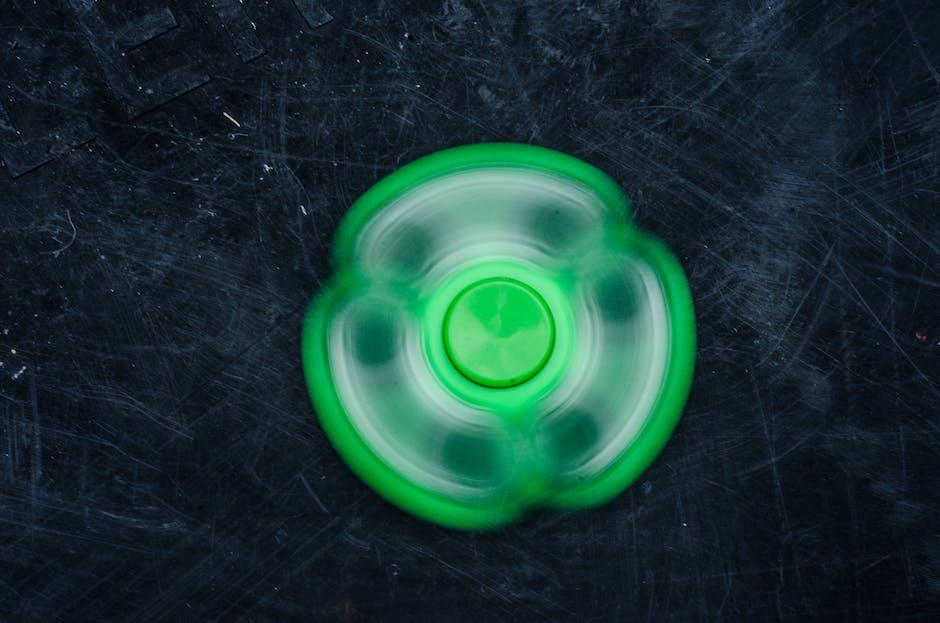Maintaining a healthy relationship starts with taking care of yourself. Self-care isn’t selfish—it’s essential. When you prioritize your well-being, you bring your best self to the table, creating a stronger, more fulfilling connection with your partner. But how exactly does self-care influence relationship health? Let’s dive in and explore why nurturing yourself is the secret ingredient to lasting love.
Key Takeaways
- Self-care is vital for emotional stability and relationship satisfaction.
- It enhances communication, self-esteem, and emotional resilience.
- Balancing self-care with partner care strengthens bonds and prevents burnout.
- Mindfulness and stress management are powerful tools for relationship harmony.
The Role of Self-Care in Maintaining Healthy Relationships
Defining Self-Care and Its Importance
Self-care is all about tending to your physical, emotional, and mental needs. It’s not just bubble baths and spa days (though those are nice too). It’s about eating well, getting enough sleep, and setting boundaries.
When you take care of yourself, you’re better equipped to handle life’s challenges. You’re less likely to snap at your partner over something trivial or let stress build up until it explodes.
If you’re curious about how self-care can transform your life, check out this guide to self-care for more insights.
How Self-Care Contributes to Emotional Stability
Imagine trying to pour water from an empty cup. That’s what it’s like to give love and support when you’re running on fumes. Self-care fills your emotional cup, giving you the energy to nurture your relationship.
When you’re emotionally stable, you’re less reactive and more understanding. This creates a safe space for your partner to express themselves without fear of judgment.
The Connection Between Self-Care and Relationship Satisfaction
Studies show that people who practice self-care report higher levels of relationship satisfaction. Why? Because they’re happier, healthier, and more confident.
When you feel good about yourself, it’s easier to show up for your partner. You’re more patient, more loving, and more present. It’s a win-win for both of you.

The Impact of Self-Care on Relationships
Enhancing Self-Esteem Through Self-Care
Low self-esteem can wreak havoc on a relationship. It can lead to jealousy, insecurity, and constant reassurance-seeking.
By practicing self-care, you build a stronger sense of self-worth. You start to see yourself as deserving of love and respect, which naturally improves your interactions with your partner.
Building Healthier Communication Patterns
Good communication is the backbone of any healthy relationship. When you’re taking care of yourself, you’re more likely to communicate effectively.
You’re less likely to lash out or shut down during disagreements. Instead, you can calmly express your feelings and listen to your partner’s perspective.
For tips on improving communication, check out this resource on healthy relationships.
Strengthening Emotional Resilience
Life is full of ups and downs, and relationships are no exception. Self-care helps you build the emotional resilience needed to weather these storms.
Whether it’s a tough day at work or a disagreement with your partner, self-care practices like mindfulness and journaling can help you stay grounded.
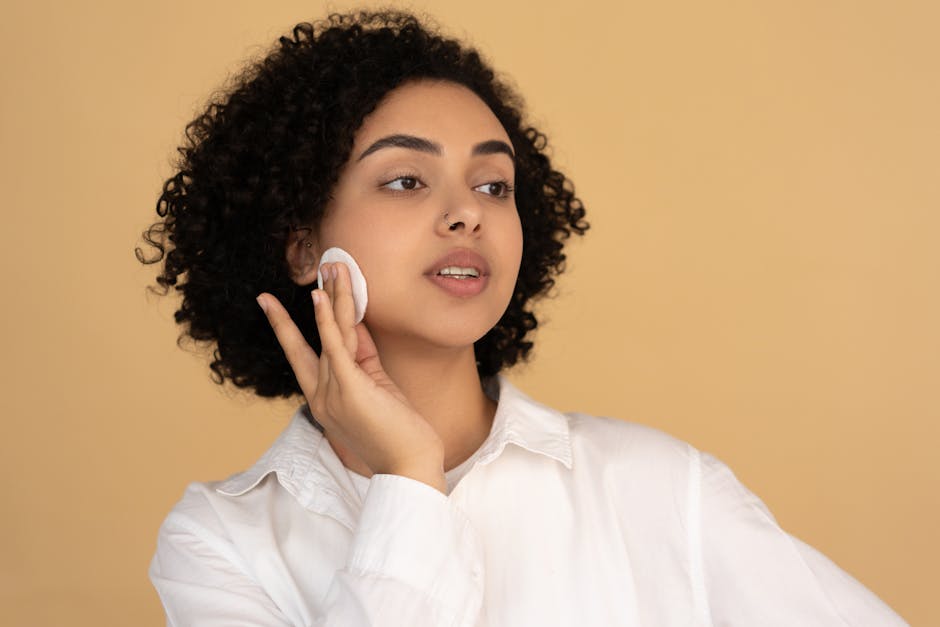
Self-Care in the Context of a Relationship
Maintaining Individuality Within a Partnership
It’s easy to lose yourself in a relationship, especially when you’re deeply in love. But maintaining your individuality is crucial.
Pursue your hobbies, spend time with friends, and enjoy your own company. This not only enriches your life but also makes you a more interesting and fulfilled partner.
The Importance of Setting Personal Boundaries
Boundaries are like fences—they protect your emotional space while allowing healthy interaction. Without them, resentment can build, leading to conflict.
Learn how to set boundaries with this helpful guide. It’s a game-changer for both self-care and relationship health.
Effective Communication as a Self-Care Practice
Sometimes, self-care means speaking up. If something’s bothering you, don’t bottle it up.
Expressing your needs and feelings is a form of self-respect. It also fosters honesty and trust in your relationship.
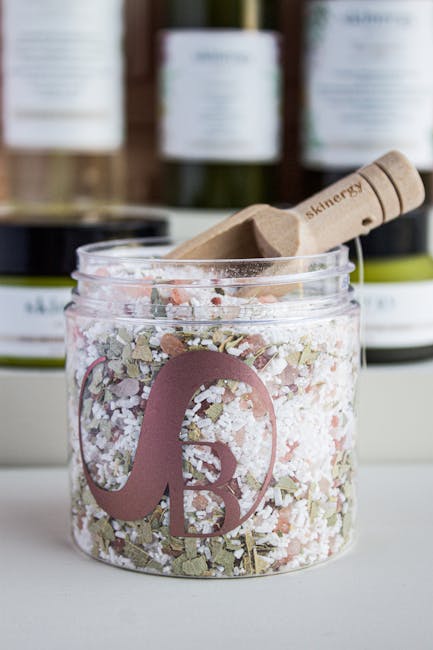
Balancing Self-Care and Partner Care
Strategies for Harmonizing Personal and Partner Care
Finding the right balance between self-care and partner care can be tricky. The key is to communicate openly and support each other’s needs.
For example, if your partner needs alone time to recharge, respect that. And when you need a break, don’t hesitate to ask for it.
Recognizing and Addressing Imbalances in Care
If one person is doing all the giving while the other is doing all the taking, it’s time for a reset.
Talk about what’s working and what’s not. Then, come up with a plan to share responsibilities more evenly.
Supporting Each Other’s Self-Care Routines
Encourage your partner to take care of themselves. Whether it’s joining them for a yoga class or giving them space for a solo activity, your support can make a big difference.
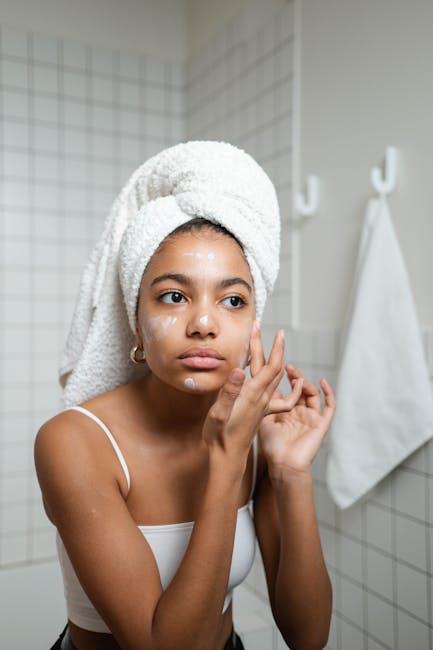
Overcoming Relationship Challenges Through Self-Care
Preventing Burnout in Relationships
Burnout doesn’t just happen at work—it can happen in relationships too.
By prioritizing self-care, you can prevent emotional exhaustion and keep your relationship thriving.
Combating Codependency Through Self-Awareness
Codependency often stems from a lack of self-awareness. When you focus on your own needs and growth, you’re less likely to fall into this unhealthy pattern.
Rebuilding Trust and Connection Through Self-Care
If trust has been broken, self-care can help you heal. It gives you the strength to forgive, rebuild, and move forward.

Building Self-Worth for Healthier Relationships
The Role of Self-Love in Fostering Mutual Respect
Self-love is the foundation of mutual respect. When you value yourself, you’re more likely to value your partner.
For more on this, check out this article on self-care and relationships.
Developing Confidence to Improve Relationship Dynamics
Confidence is attractive. It also makes you a better partner.
When you believe in yourself, you’re more likely to take risks, try new things, and grow together.
Encouraging Self-Worth in Both Partners
A healthy relationship is a partnership of equals. Encourage your partner to practice self-care and build their self-worth too.

Self-Care Strategies for Individual Wellness
Simple Daily Practices for Mental and Physical Health
Start small. Drink water, take a walk, and get enough sleep. These simple acts can have a big impact on your well-being.
The Impact of Hobbies and Personal Interests on Relationships
Pursuing your passions makes you happier and more fulfilled. It also gives you something to share and talk about with your partner.
Prioritizing Rest and Relaxation for Emotional Balance
Don’t underestimate the power of rest. A well-rested mind is a calmer, more patient mind.

The Power of Mindfulness and Stress Management
Using Mindfulness to Improve Self-Awareness
Mindfulness helps you tune into your thoughts and feelings. This self-awareness can improve your interactions with your partner.
Managing Stress to Reduce Relationship Conflicts
Stress is a relationship killer. By managing it effectively, you can prevent unnecessary conflicts and enjoy a more peaceful partnership.
Viewing Personal Growth as a Continuous Journey
Self-care isn’t a one-time thing. It’s a lifelong journey of growth and discovery.
Incorporating WellnessHub in Your Self-Care Journey
How WellnessHub Supports Relationship Wellness
WellnessHub offers resources to help you prioritize self-care and strengthen your relationships.
Tools and Resources for Self-Care and Relationship Health
From articles to workshops, WellnessHub has everything you need to thrive.
Success Stories of Couples Benefiting from Self-Care Practices
Many couples have transformed their relationships through self-care. Their stories are a testament to its power.
Conclusion: Embracing Self-Care for Relationship Harmony
Recap of the Importance of Self-Care in Relationships
Self-care is the cornerstone of a healthy relationship. It enhances communication, builds resilience, and fosters mutual respect.
Encouragement to Prioritize Self-Care for Long-Term Relationship Health
Don’t wait for things to fall apart. Start prioritizing self-care today for a happier, healthier tomorrow.
Final Thoughts on Achieving Harmony Through Self-Care
Remember, a strong relationship begins with a strong self. So take care of yourself—you’re worth it.
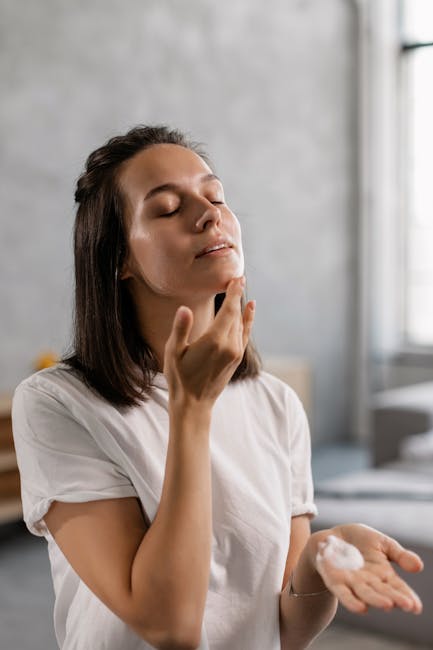
FAQs on Maintaining Relationship Health Through Self-Care: Your Guide to a Stronger Connection
What does self-care have to do with relationship health?
Self-care is vital for maintaining relationship health because it ensures you are emotionally, mentally, and physically well. When you take care of yourself, you bring your best self into the relationship, fostering better communication, patience, and understanding with your partner.
How can self-care improve communication in a relationship?
Practicing self-care helps you manage stress and regulate emotions, which are key to effective communication. When you feel balanced and centered, you’re more likely to listen actively and express yourself clearly, reducing misunderstandings and conflicts.
What are some examples of self-care activities that benefit relationships?
Self-care activities like regular exercise, mindfulness practices, journaling, or pursuing hobbies can improve your mood and energy levels. This positivity often translates into a healthier dynamic with your partner, as you’re more present and engaged in the relationship.
Can self-care help during relationship conflicts?
Yes, self-care can be a powerful tool during conflicts. Taking time to reflect, calm down, or engage in stress-relieving activities can help you approach disagreements with a clearer mind and a more constructive attitude, leading to healthier resolutions.
Is it selfish to prioritize self-care in a relationship?
Not at all. Prioritizing self-care is not selfish; it’s essential. When you take care of yourself, you’re better equipped to support and nurture your partner, creating a more balanced and fulfilling relationship for both of you.
How can couples encourage each other to practice self-care?
Couples can encourage self-care by supporting each other’s needs and boundaries, sharing self-care routines, or even practicing self-care together, like going for a walk or meditating. Open communication about the importance of self-care can also strengthen mutual understanding.
What role does mental health play in self-care and relationships?
Mental health is a cornerstone of self-care and relationship health. Addressing mental health needs through therapy, mindfulness, or other practices helps you manage stress and emotions, which directly impacts how you connect and interact with your partner.
How can busy individuals find time for self-care without neglecting their relationship?
Busy individuals can integrate self-care into their daily routines by setting small, achievable goals like taking short breaks, practicing gratitude, or scheduling quality time with their partner. Balancing personal care with relationship care ensures both aspects thrive.
Does self-care look the same for everyone in a relationship?
No, self-care is highly personal and varies from person to person. While one partner might find relaxation in solitude, the other might prefer social activities. Respecting and understanding each other’s self-care preferences is key to maintaining harmony.
Can self-care help prevent burnout in long-term relationships?
Absolutely. Regular self-care helps you recharge and maintain your individuality, which can prevent feelings of burnout or stagnation in long-term relationships. It keeps the relationship dynamic and allows both partners to grow together while staying connected.


